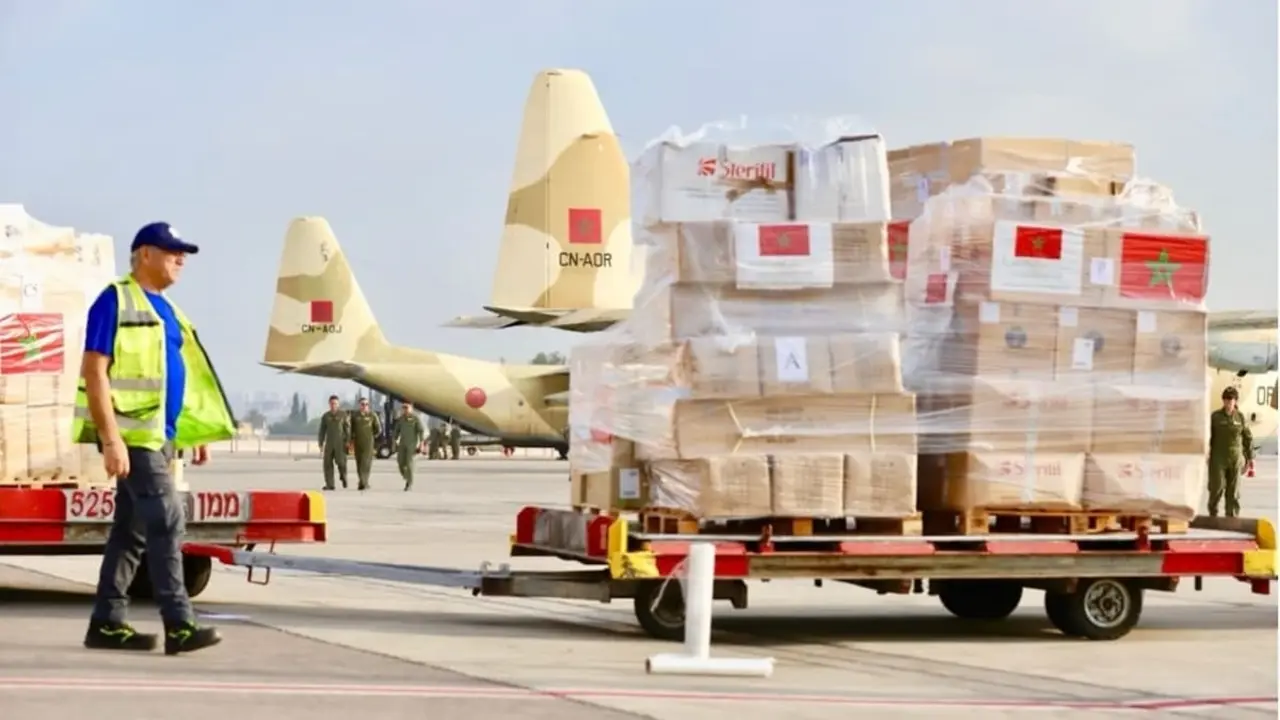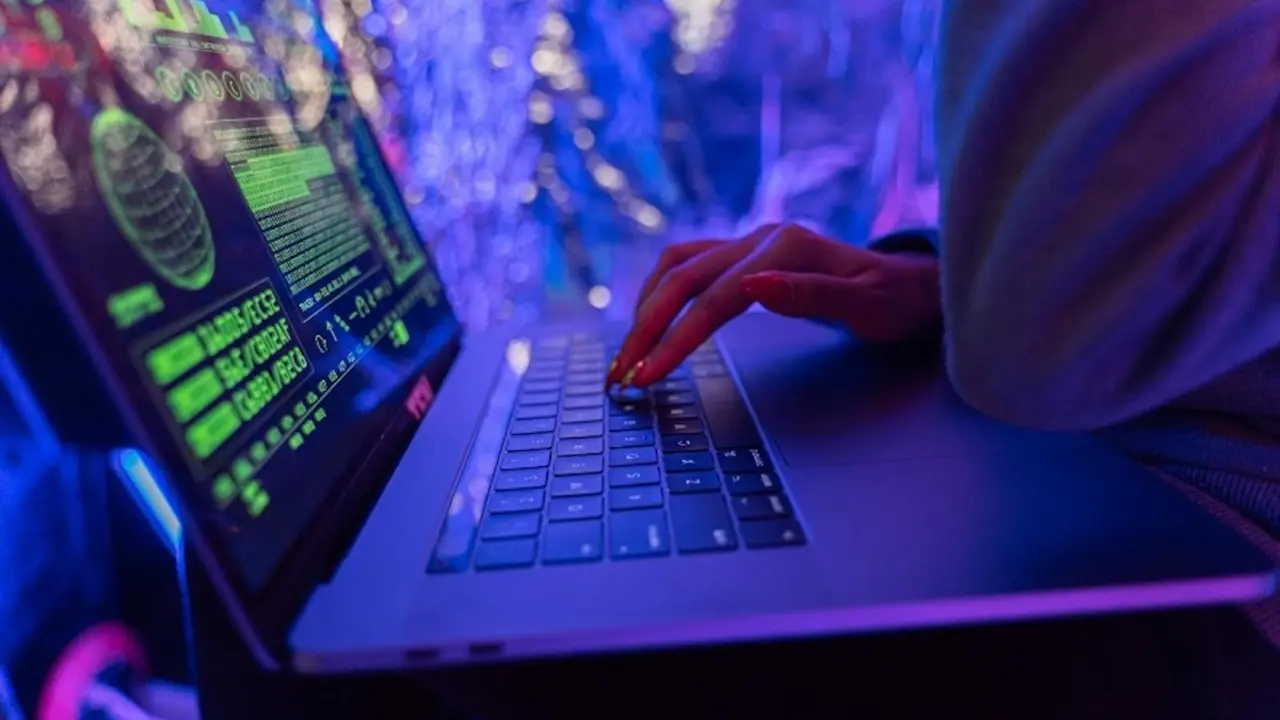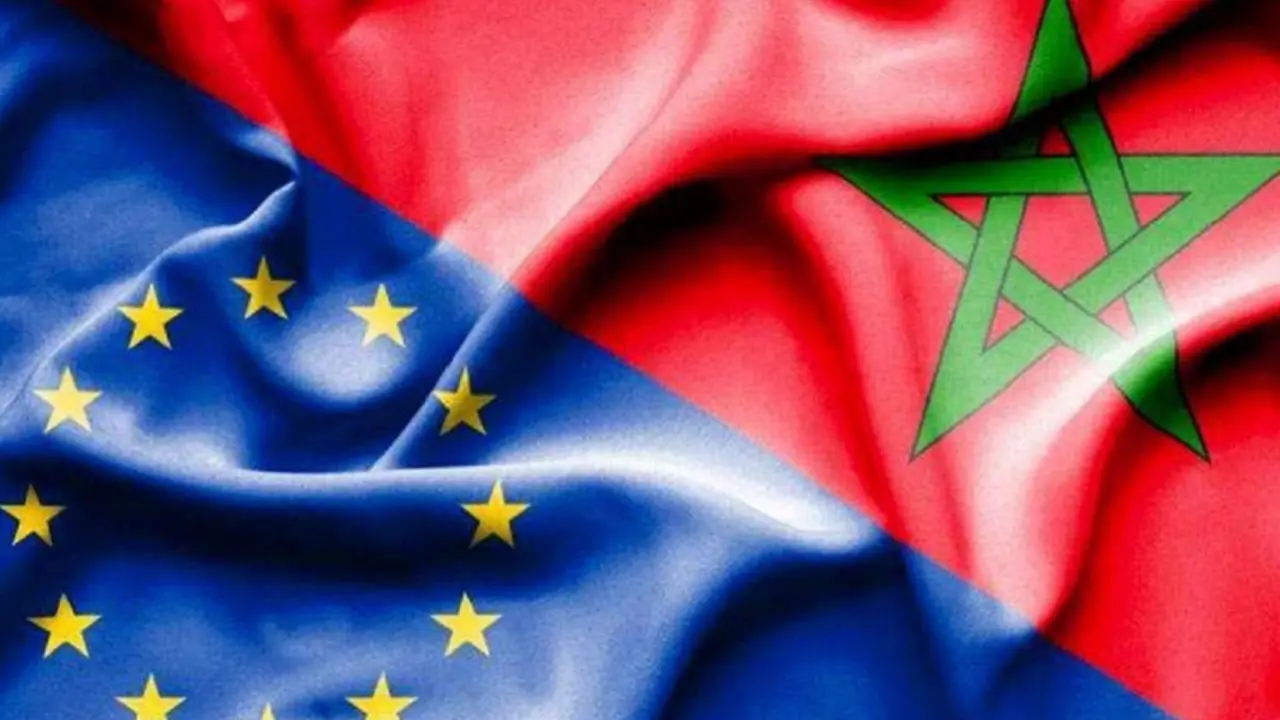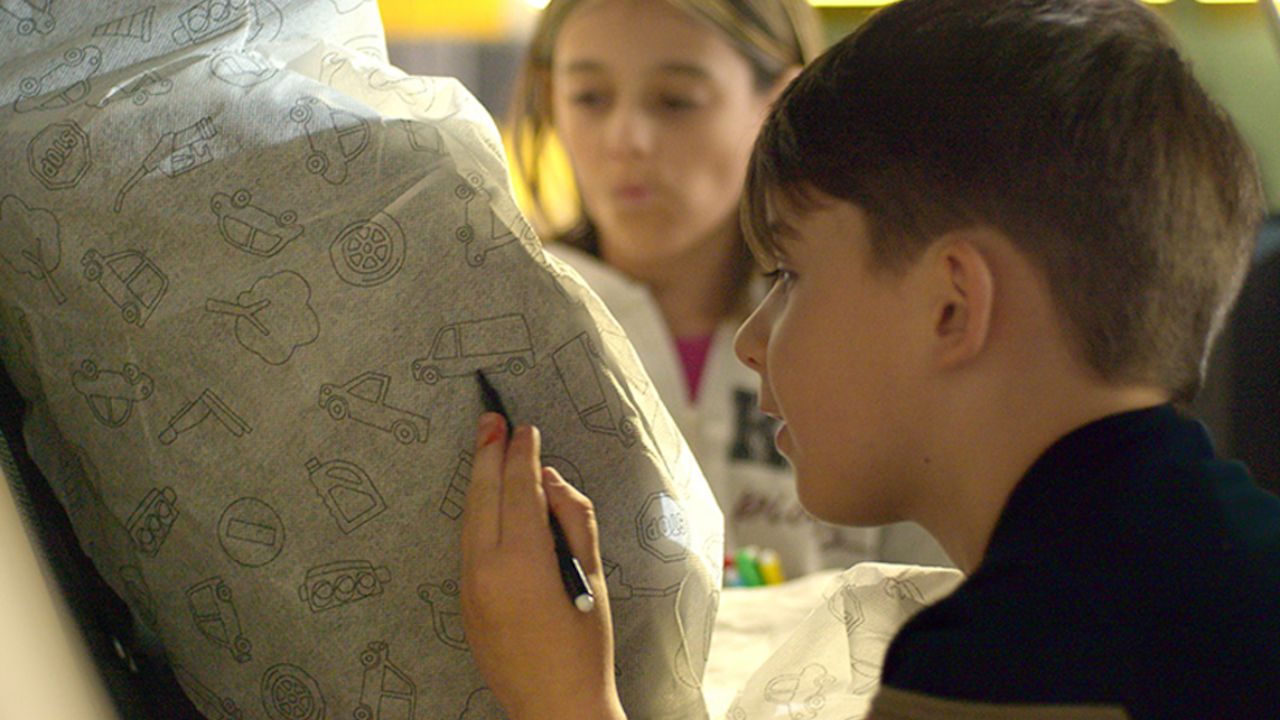UN removes Saudi coalition from blacklist for attacks on children in Yemen
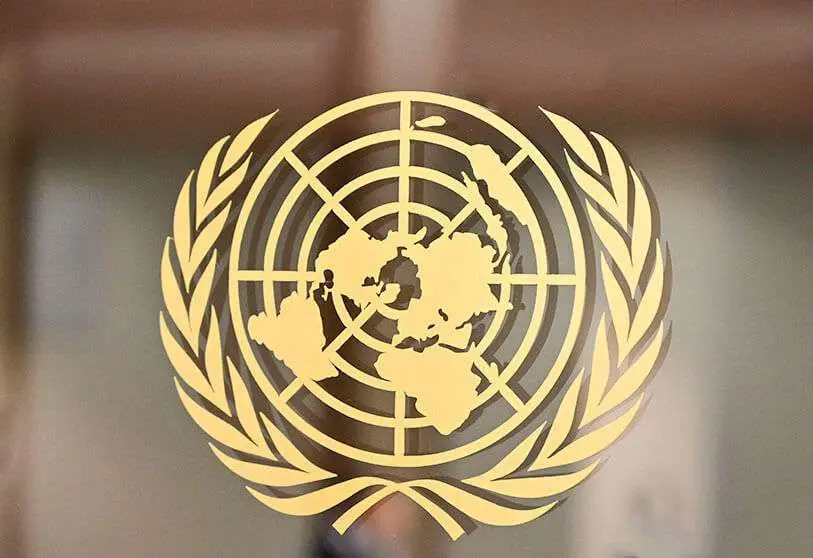
The UN announced this week that it has decided to remove the Saudi coalition operating in Yemen from a "blacklist" on which it had been placed in 2017 for killing and injuring children through its military operations, a move widely criticised by the NGO Human Rights Watch (HRW) which called it "a new level of shame". According to the United Nations, the action is in response to a significant drop in the number of children killed and injured in coalition air strikes and to the efforts of the Saudi authorities and their partners to protect children in the Yemeni conflict.
Its performance, however, will continue to be monitored over the next 12 months and the coalition will be re-listed if it does not adequately implement those measures, Argentina's Special Representative for Children and Armed Conflict, Virginia Gamba, said at a press conference.
The inclusion of the Saudi coalition on the "black list" has been a source of strong confrontation in recent years between Riyadh and the UN, which in 2016 even admitted that it had given in to pressure from Saudi Arabia not to include it on that year's list even though it was originally going to do so. The then secretary general, Ban Ki-moon, denounced having received "undue pressure" to modify his report and assured that he reversed his initial idea in the face of the Saudi threat to cut off funds to the organization. "I had to consider the very real prospect that millions of other children would suffer grievously if, as was suggested to me, countries would defund many U.N. programs," Ban explained at the time. A year later, however, his successor, António Guterres, did put the Saudi coalition on the "black list", where he began to separate those parties to the conflict who had not taken any steps to try to improve child protection from those who had. The Saudi Arabian coalition appeared from the very first moment in the second group and now, three years later, it comes out of the list.
Gamba explained that over a period of 18 months there has been a clear decline in the number of children affected by its attacks and highlighted the programme of measures put in place by Riyadh to protect children in the conflict.
Meanwhile, the NGO Human Rights Watch (HRW) considered that the de-listing of the coalition is "a new level of shame" for the UN list, which it accuses of ignoring its own evidence that Saudi and partner forces have continued to commit grave violations against children. HRW also criticized the fact that the UN, despite clear evidence, has not included Russian forces operating in Syria, the US-led coalition in Afghanistan, or Israeli forces on its "blacklist".
The UN listing, which is in the appendices of a report of more than thirty pages, includes other terrorist groups such as Daesh, Al Shabab or Al Qaeda, the Colombian National Liberation Army (ELN) and many parts of wars in Africa, Asia and the Middle East, including government forces in several cases.


